Chances are your home consists of brick, stone, or concrete. These construction materials are common choices for a variety of housing structures. They are known to be robust and hardwearing. Despite their durability, however, these materials may at one point or another require maintenance or repairs. And needless to say, any work that involves brick, stone, or concrete naturally calls for a masonry contractor — more commonly known as a mason. But what exactly does a mason’s job entail? And what circumstances might require you to hire one? Diving deep into these questions will give you a better understanding of the profession.
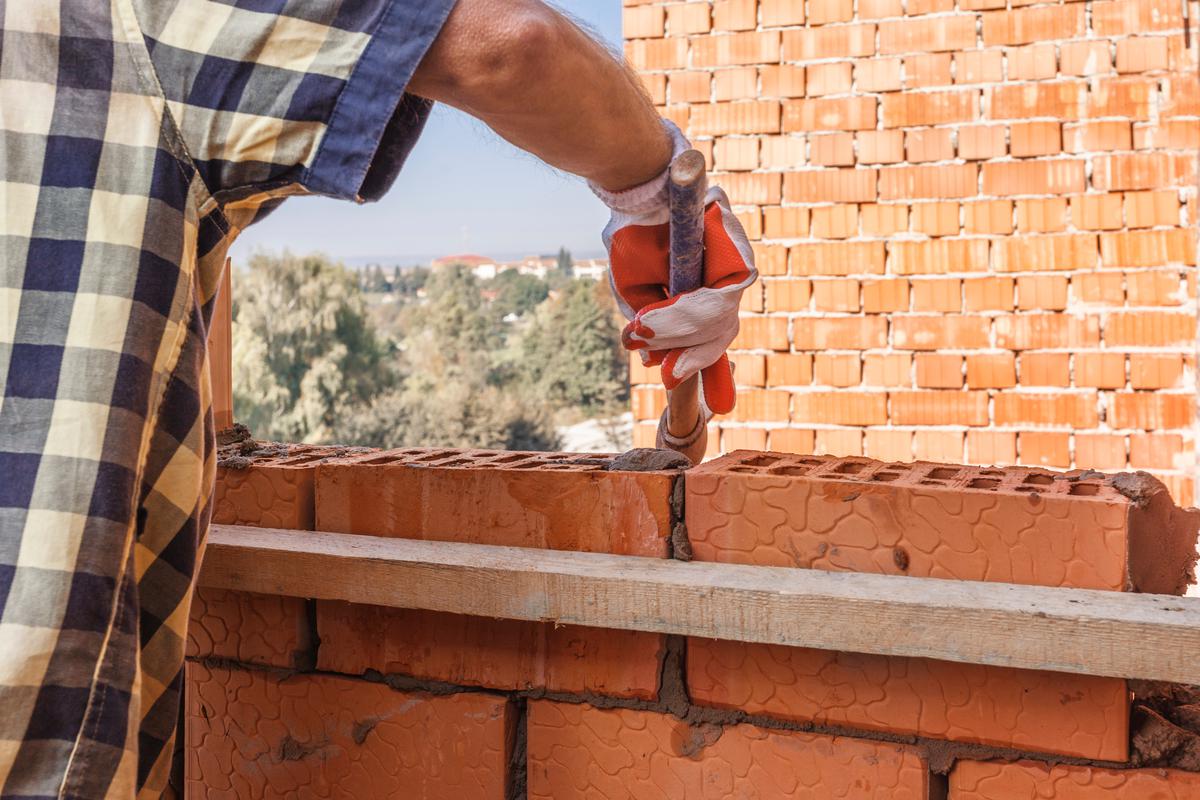
Masonry contractors are skilled professionals who work with stone, brick, or concrete.
Masonry contractors essentially work with the stone, brick, as well as concrete. Their work involves a variety of structures such as chimneys, retaining walls, and whole buildings. They are generally skilled with masonry materials in addition to the processes. Masonry services also include repairs as well as design and construction. Residential masonry contractors, in particular, specialize in private houses such as brick homes.
What Does a Masonry Contractor Do?
Professional masonry contractors normally handle a wide range of tasks. Their work may involve both aesthetic as well as weight-bearing structures. The projects typically have to do with the condition of the masonry. Among the most common masonry projects involve repairing cracks. Not only are cracks unpleasant to look at, but they can also let water in and cause further damage.
Repointing masonry — which refers to replacing the mortar — is another task that masons may handle. Mortar that seems to be cracked or crumbling can actually compromise the structure’s durability. Replacing the mortar allows the masonry to become more stable and visually pleasant.
Masonry may also involve rebuilding a structure. When the damage is extensive, repairing is often out of the question — in which case the masonry contractor rebuilds the entire structure or part of it.
Types of Masonry Contractors
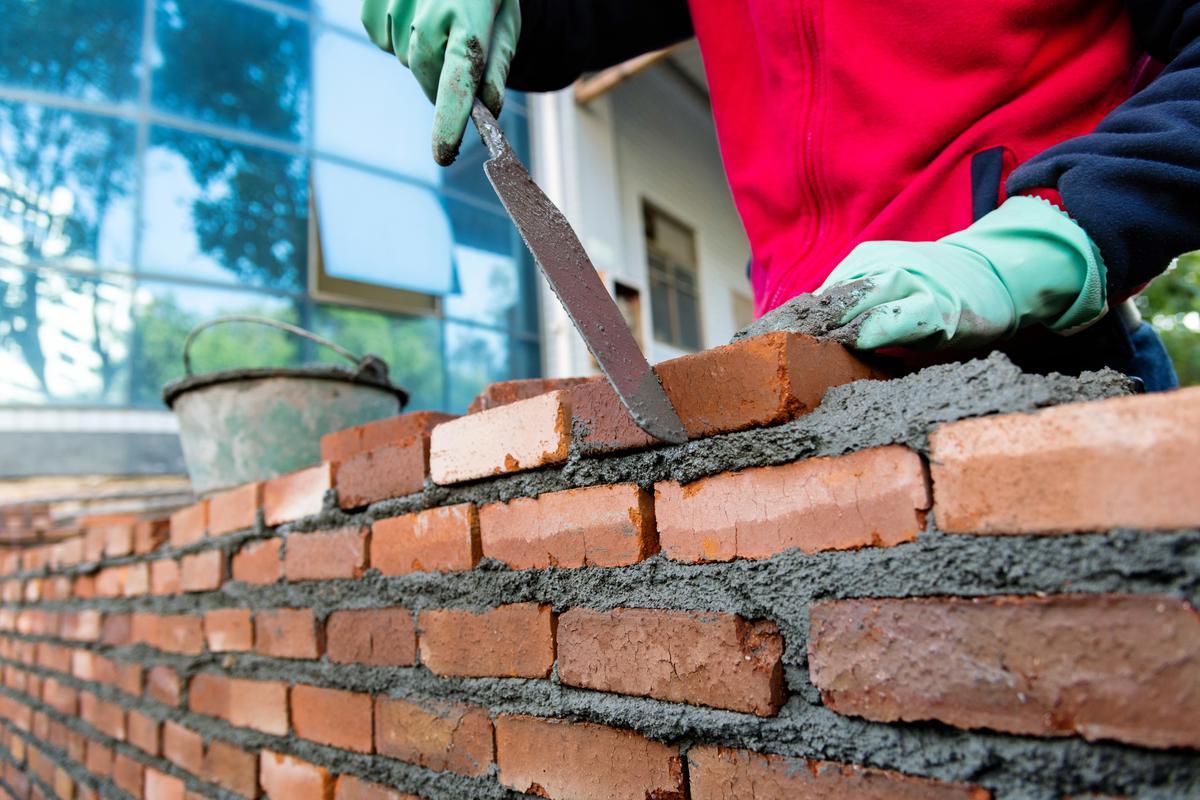
Masonry involves either stone, brick, or concrete, and a mason typically specializes in either one.
Masonry work typically involves either stone, brick, or concrete. While you can find general masonry contractors that are qualified to work with all three materials, others specialize in a particular type.
Stone Masons
Also referred to as stoneworkers, stone masons specialize in creating structures out of natural, manufactured, as well as veneer stone products. These may include walls, facades, as well as exterior and interior floors.
Stone masons are skilled in manipulating the material so that it fits just about any design. They may also tell you what you need to know about natural, veneer, and engineered options in regard to your project, including the pros and cons of each.
Brick Masons
Brick masonry contractors offer services that involve brick, whether it’s natural, veneer, solid, or manufactured. Also known as bricklayers or brick masons, brick contractors are trained to be very precise as the lines need to be uniform with no room for mistakes.
A brick masonry contractor’s work typically includes installing walls, columns, chimneys, as well as fireplaces. You may also hire one to build hardscaping structures such as a patio. In this case, the mason may collaborate with a landscaping contractor to create a beautiful backyard.
Concrete Masons
Concrete masons handle projects that involve poured and block concrete. Their area of expertise typically includes leveling and finishing the cement, in addition to monitoring the effect of the weather as the material solidifies. In many cases, metal reinforcements that reinforce the installations are also part of the concrete masons’ responsibility. Concrete masonry projects commonly include sidewalks, columns, driveways, foundations, and walls.
Other Roles of Masonry Contractors
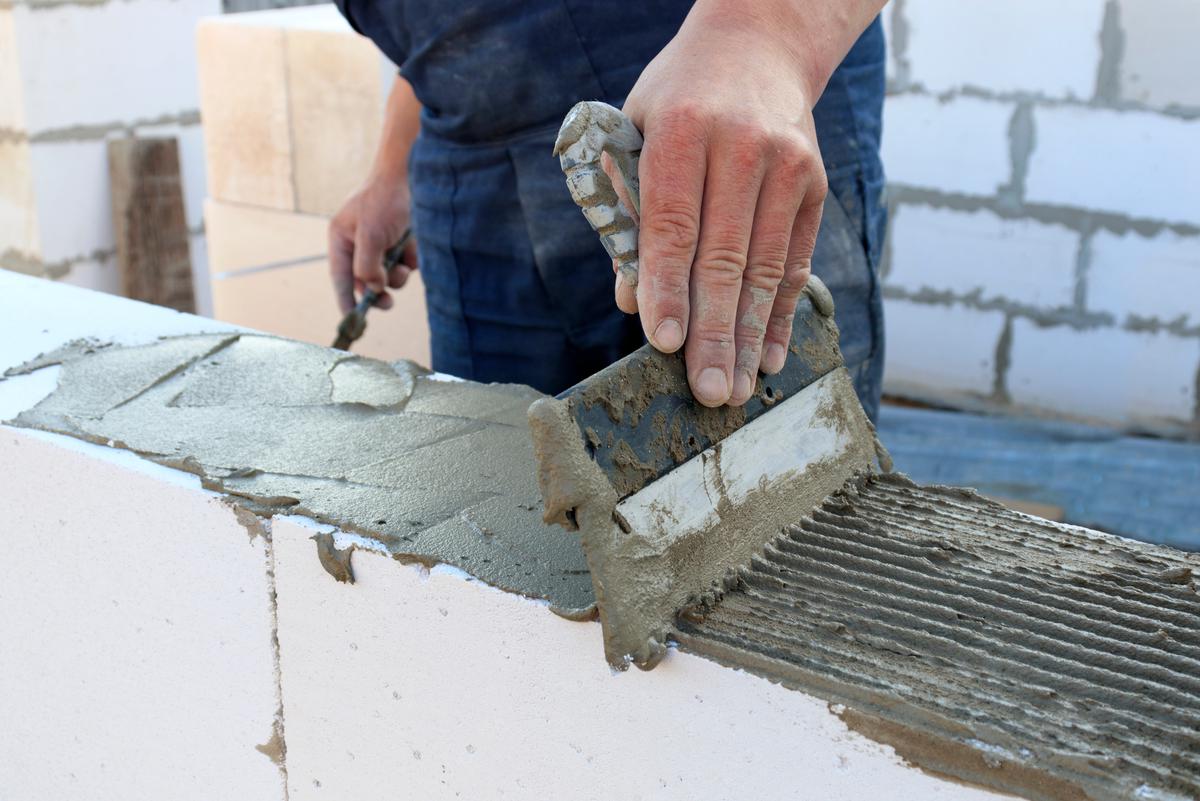
The knowledge of a mason encompasses more than just the masonry work itself.
Although the main role of masons revolves around the particular masonry work and everything that has to do with it, their knowledge extends beyond that. Masonry subcontractors and contractors alike will ideally have a firm knowledge of other aspects that pertain to the job they’re handling. These include:
- Laws and regulations regarding permits, licenses, and inspections,
- Insurance regulations such as worker’s compensation and property damages,
- Estimates including materials and labor costs, and how factors such as weather can alter the costs,
- The different types of contractors — such as restoration contractors — may be collaborating on the project.
Signs You Need to Hire a Masonry Contractor
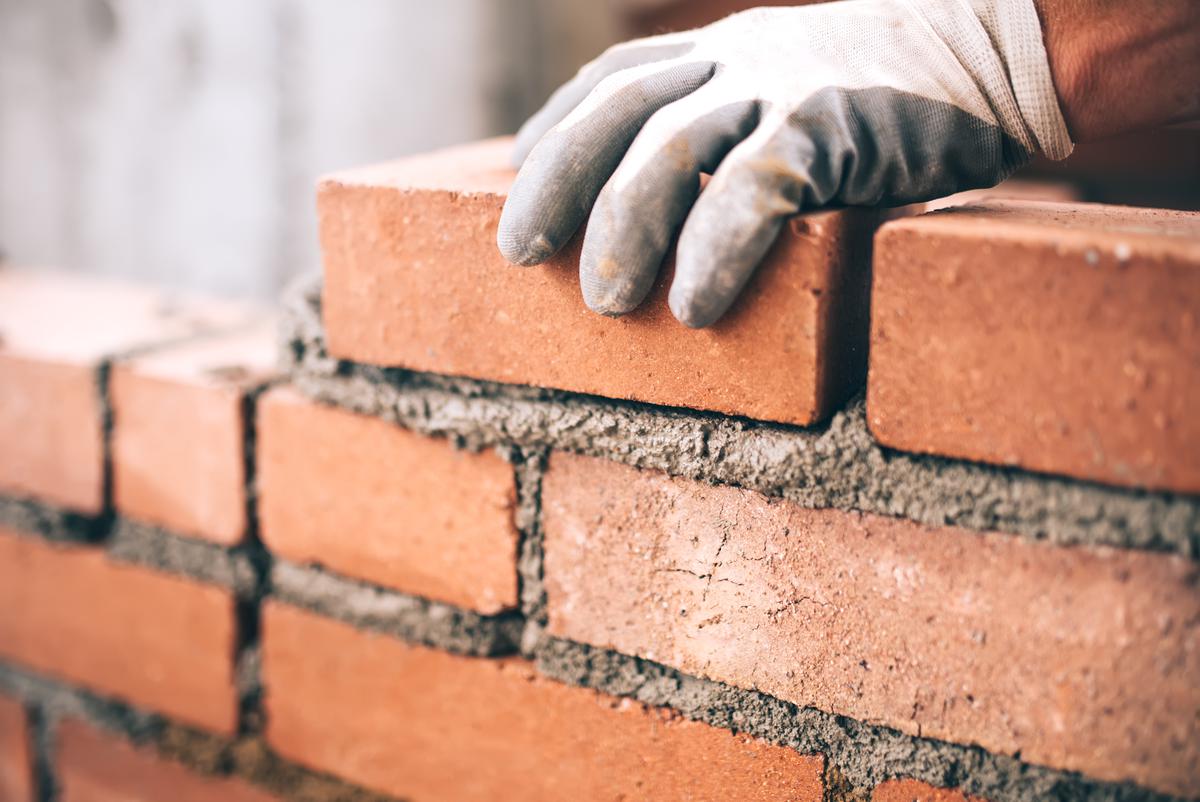
A number of signs may require you to get in touch with a masonry contractor.
Improper maintenance of stone, brick, or concrete usually results in further damage and can even affect the structural integrity of your home. As such, addressing issues with masonry early on will keep them from turning into a bigger problem. Certain signs will indicate the need for urgent repairs, warranting a masonry contractor.
Mortar Is Missing or Deteriorated
In most cases, walls featuring brick or stone masonry have to be repointed every 15 to 20 years. Other factors, however, may result in the need for earlier repair. One sign to look out for is buckling or deteriorating mortar. Insufficient mortar can cause bricks to brush against one another. It is worth mentioning that mortar repair is no DIY project; improper application or using the wrong type of mortar can result in more issues down the line.
Bricks Are Browed
Bricks that are browed or compacted are known to let in water, causing more damage in the process. More often than not, one browed brick indicates that more will follow. A brick-and-mortar contractor will remedy this issue by replacing all affected bricks and sometimes using push piers as reinforcement.
There Are Cracks in the Brick
It is natural for cracks to appear on masonry after a certain period of time. Cracks that are beyond a 30-degree angle, however, should be cause for concern as the structure may be at risk of collapsing. That being said, you will want to have a masonry contractor seal any cracks to prevent the issue from escalating.
Frost Boil
Also known as bulging bricks, frost boil happens when moisture finds its way behind the masonry and warps the backing — typically as a result of freeze-thaw cycles. This, in turn, causes the bricks to bulge. Masonry contractors fix this issue by removing the affected bricks, repairing the damage, and installing new bricks.
There Is Interior Damage
Certain issues within your home may indicate damaged masonry. These can include drafts, deformed windows, plaster cracks, and a buildup of moisture on your walls. Make sure to reach out to a residential masonry contractor should you notice any of these issues.
Do You Need a Professional Masonry Contractor?

A masonry contractor will have all the skills and experience to get the job done.
While homeowners can carry out minor masonry repairs in certain cases, it’s often best to hire a professional mason. Bear in mind that masonry relies heavily on quality, more so in the case of weight-bearing structures. And improper repairs can lead to even more problems down the line. Reaching out to a mason, on the other hand, comes with many benefits.
Saving Time
Professional masonry contractors tend to be highly skilled and experienced in their domain. As such, they can get the job done more quickly and efficiently than someone with little or no masonry experience.
No Costly Mistakes
Let’s suppose you tried to repair a brick or two only for the results to be unsuccessful. You’ll still need to hire a professional after wasting money on supplies. There’s also the risk of making things worse due to improper repairs. You can avoid this all by simply leaving the project to the professionals.
Access to the Right Tools and Equipment
If you decide to handle the repairs yourself, you’ll likely end up spending a good deal of money on supplies. A masonry contractor, on the other hand, will already have access to all the tools and equipment they need for the project.
Satisfactory Results
Professionally performed masonry work boosts the look of your home. Masons put their expertise to good use in order for the results to meet your expectations.
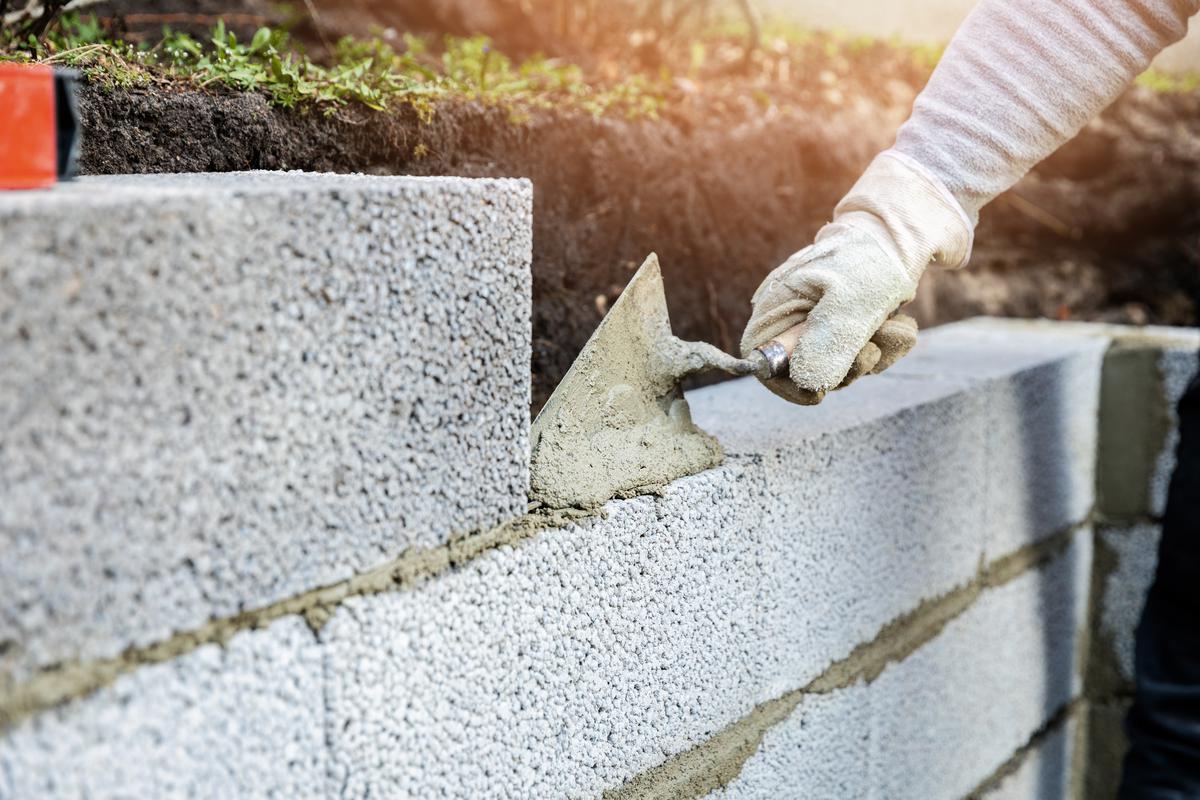


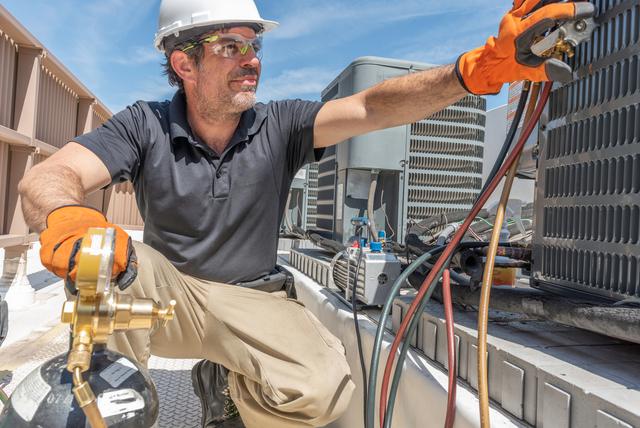

comments